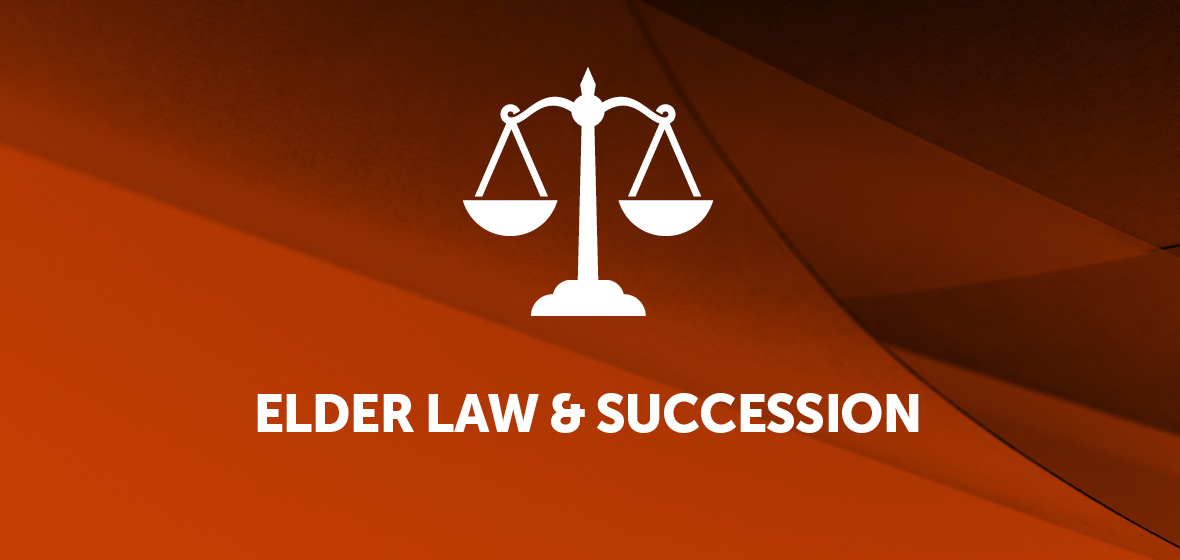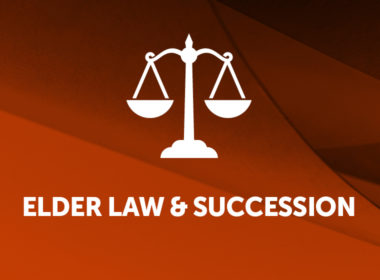Key decisions
- Ludwig v Jeffrey [2020] NSWSC 1677
- Wilcox v Chapple [2020] NSWSC 1859
- Ludwig v Jeffrey (No. 3) [2021] NSWSC 23
- Aleta Gooley v Brett Gooley [2021] NSWSC 56
- Re Josipovic [2021] VSC 43
- Gambacorta v Di Giovanni[2021] NSWSC 61
- Rattigan v Hanly [2020] NSWSC 1722
- Application of Penhall and Dutton; Estate of the late Kylie Anne Dutton [2021] NSWSC 79
The advantages of judicial advice and s 100A Trustee Act
‘Something is seriously wrong with the administration of a trust when the trust property of $204,000 is almost wholly consumed by legal fees. Regrettably that has occurred in this case involving an intra-family trust. With different trust management and legal guidance to take advantage of Trustee Act 1925, s 63 judicial advice, the beneficiaries could have preserved much more of their trust property than they have’ (Ludwig v Jeffrey [2020] NSWSC 1677 (Slattery J) at [1]).
Lynton Jeffrey was trustee for a third share of real estate. He was called upon to transfer the third share to the beneficiaries of the trust. Jeffrey was concerned that his interest could attract capital gains tax and land tax and, because he had lived permanently in the USA, USA tax. The Court observed that he could have obtained judicial advice about obtaining an ATO ruling or whether he would be justified in stipulating that a particular sum of the sale proceeds be reserved to secure his unascertained tax liabilities. In an ominous comment, the Court observed that Jeffrey could not ‘have been expected to know about Trustee Act, s 63 himself. But his legal advisers should have seriously considered it’ (at [48]) once the issue arose.
Later, Jeffrey could have sought judicial advice about the terms of a proposed deed. Then, when legal proceedings commenced, he could have obtained advice about whether or not he should defend these proceedings, or file a submitting appearance, or adopt some other course of action to obtain an indemnity for his costs, expenses and potential liabilities. Judicial advice was described as ‘a simple accessible summary procedure’ (at [90]).
If he had adopted that procedure, ‘Jeffrey would probably have been able to save approximately $30,000 from taking this course… His total claim for costs during the proceedings up to 20 February 2020 should therefore be reduced so that he is indemnified for no more than $90,000’ (at [116]). He had to fund the remaining legal costs himself.
A better approach was adopted in Wilcox v Chapple [2020] NSWSC 1859 (Rees J). The executor sought and obtained judicial advice that he was justified in defending the claims relating to the administration of the estate and justified in having recourse to property of the estate to pay his reasonable costs of so defending the claims.


